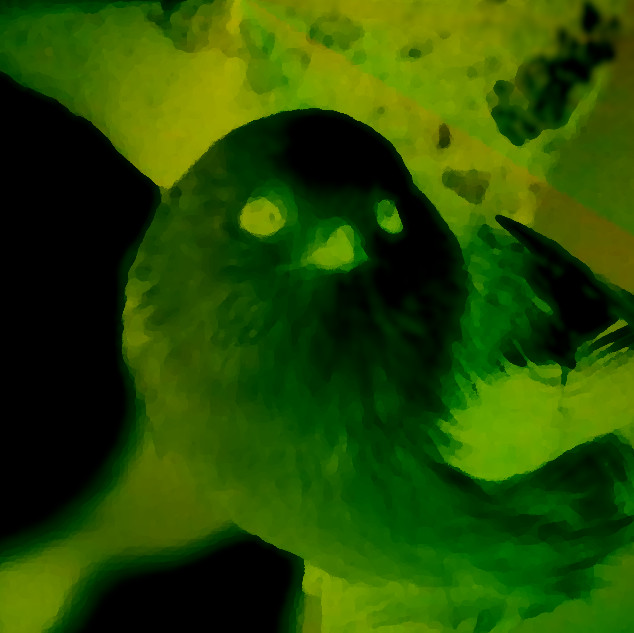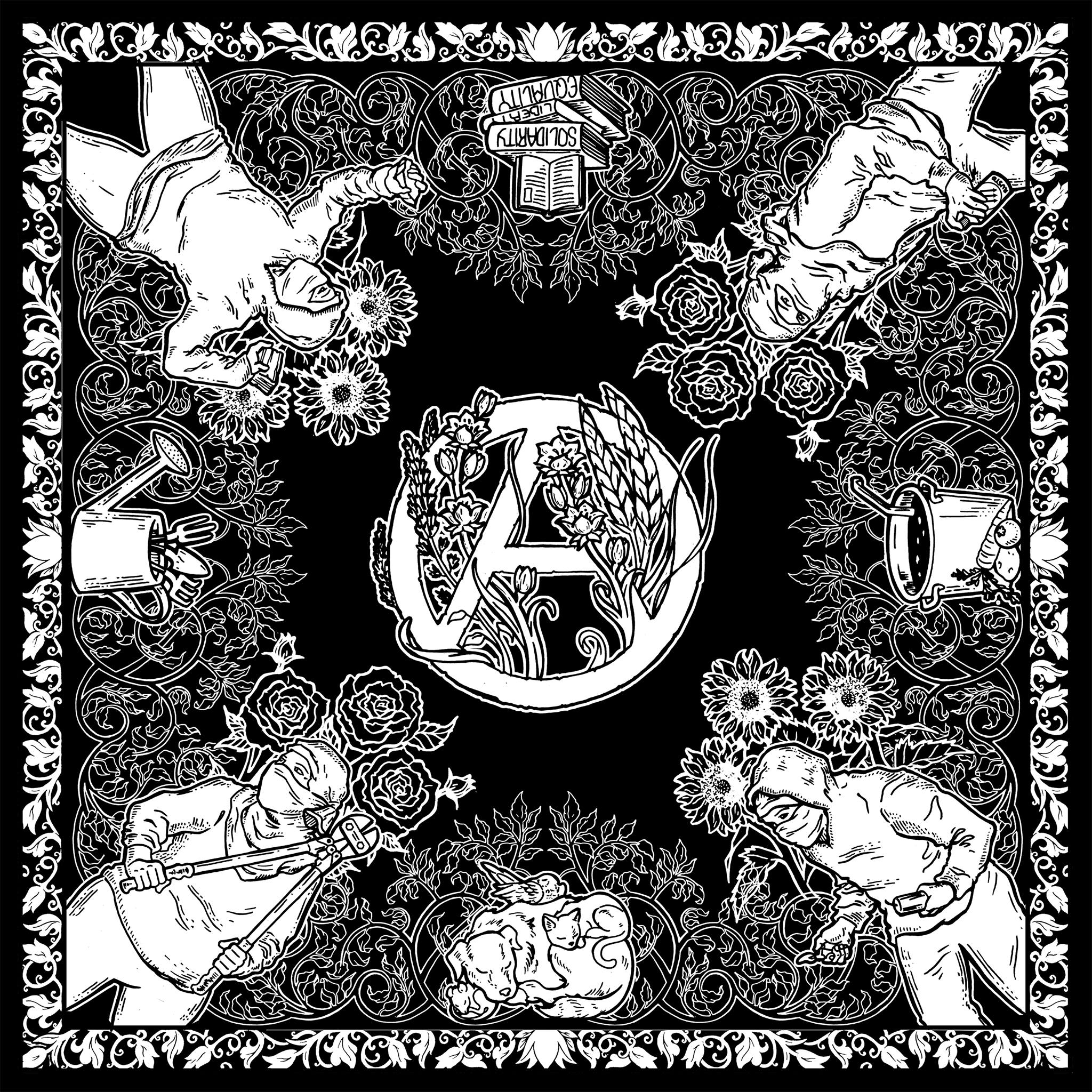Collective cognition is often mentioned as one of the advantages of group living. But which factors actually facilitate group smarts? To answer this, we compared how individuals and groups of either ants or people tackle an identical geometrical puzzle. We find that when ants work in groups, their performances rise significantly. Groups of people do not show such improvement and, when their communication is restricted, even display deteriorated performances. What is the source of such differences? An ant’s simplicity prevents her from solving the puzzle on her own but facilitates effective cooperation with nest-mates. A single person is cognitively sophisticated and solves the problem efficiently but this leads to interpersonal variation that stands in the way of efficient group performance.
Biological ensembles use collective intelligence to tackle challenges together, but suboptimal coordination can undermine the effectiveness of group cognition. Testing whether collective cognition exceeds that of the individual is often impractical since different organizational scales tend to face disjoint problems. One exception is the problem of navigating large loads through complex environments and toward a given target. People and ants stand out in their ability to efficiently perform this task not just individually but also as a group. This provides a rare opportunity to empirically compare problem-solving skills and cognitive traits across species and group sizes. Here, we challenge people and ants with the same “piano-movers” load maneuvering puzzle and show that while ants perform more efficiently in larger groups, the opposite is true for humans. We find that although individual ants cannot grasp the global nature of the puzzle, their collective motion translates into emergent cognitive skills. They encode short-term memory in their internally ordered state and this allows for enhanced group performance. People comprehend the puzzle in a way that allows them to explore a reduced search space and, on average, outperform ants. However, when communication is restricted, groups of people resort to the most obvious maneuvers to facilitate consensus. This is reminiscent of ant behavior, and negatively impacts their performance. Our results exemplify how simple minds can easily enjoy scalability while complex brains require extensive communication to cooperate efficiently.

